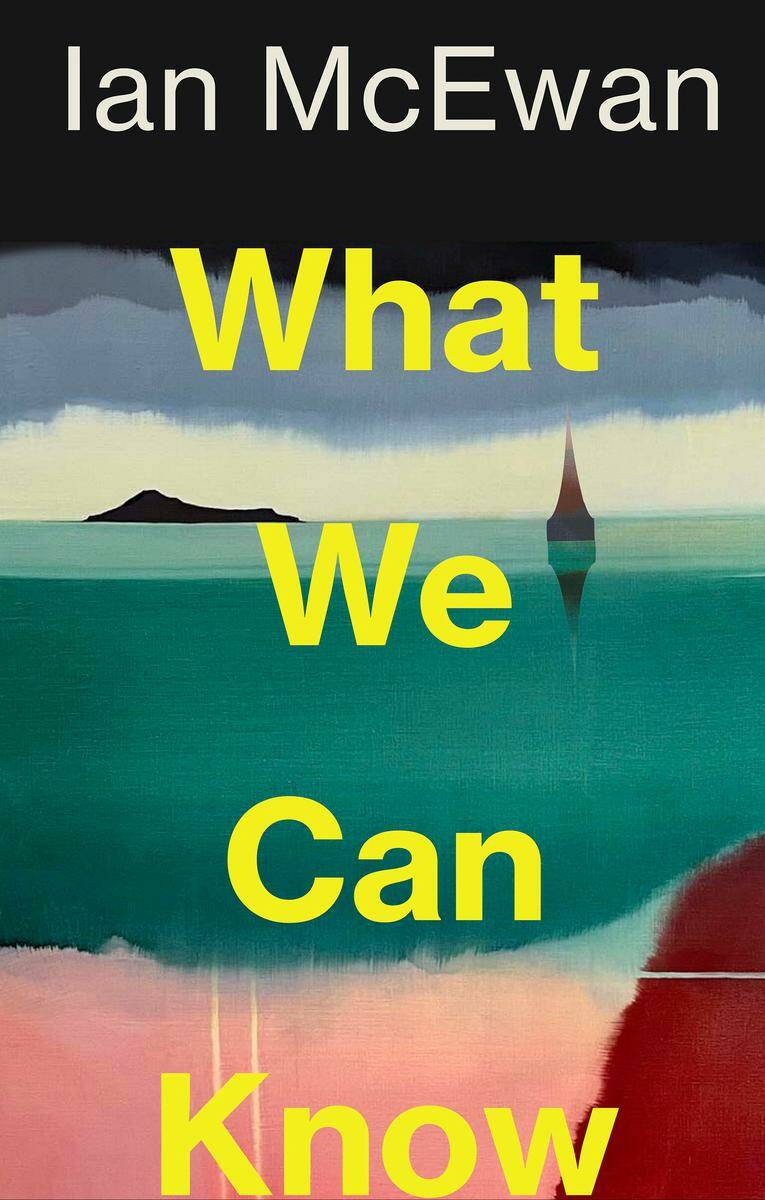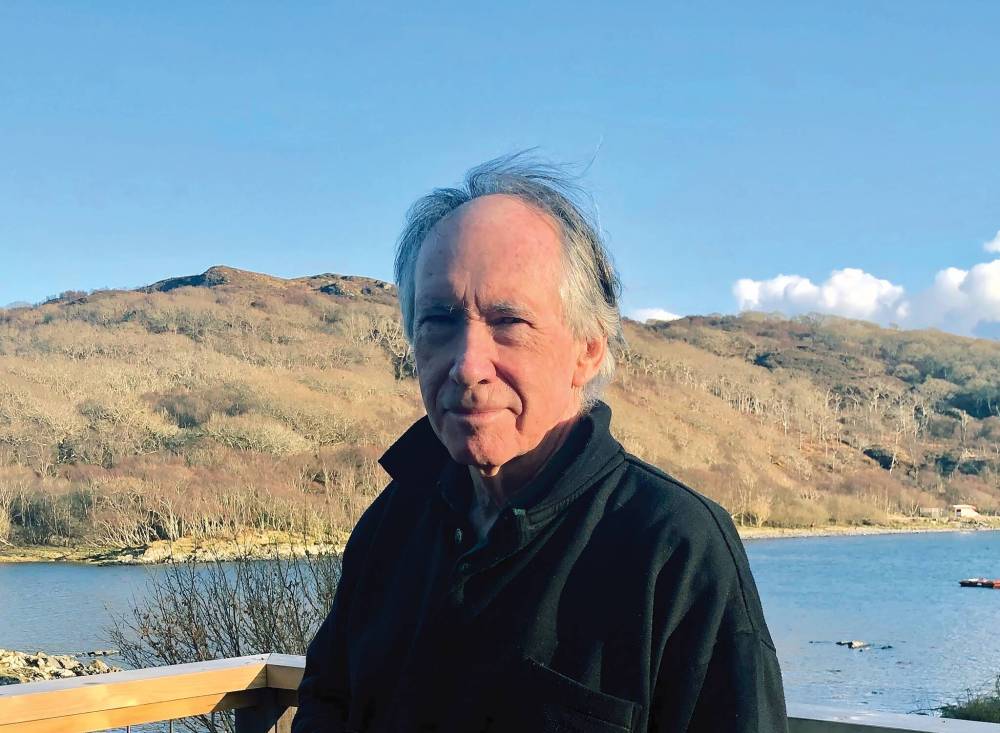Future tense
Literary scholar seeks coveted lost sonnet cycle in climate-ravaged England
Advertisement
Read this article for free:
or
Already have an account? Log in here »
To continue reading, please subscribe:
Monthly Digital Subscription
$1 per week for 24 weeks*
- Enjoy unlimited reading on winnipegfreepress.com
- Read the E-Edition, our digital replica newspaper
- Access News Break, our award-winning app
- Play interactive puzzles
*Billed as $4.00 plus GST every four weeks. After 24 weeks, price increases to the regular rate of $19.00 plus GST every four weeks. Offer available to new and qualified returning subscribers only. Cancel any time.
Monthly Digital Subscription
$4.75/week*
- Enjoy unlimited reading on winnipegfreepress.com
- Read the E-Edition, our digital replica newspaper
- Access News Break, our award-winning app
- Play interactive puzzles
*Billed as $19 plus GST every four weeks. Cancel any time.
To continue reading, please subscribe:
Add Free Press access to your Brandon Sun subscription for only an additional
$1 for the first 4 weeks*
*Your next subscription payment will increase by $1.00 and you will be charged $16.99 plus GST for four weeks. After four weeks, your payment will increase to $23.99 plus GST every four weeks.
Read unlimited articles for free today:
or
Already have an account? Log in here »
Part environmental dystopia, part literary mystery, Ian McEwan’s new effort highlights the veteran English novelist’s gift for clever plotting and gimmicky premises.
His 19th novel, What We Can Know, is mid-range McEwan. It is more ambitious than such trifles as 2016’s Nutshell and 2019’s Machines Like Me, but not as satisfying as 2001’s Atonement or his most recent effort, 2022’s Lessons, which might stand as the most humane book of his 50-year career.
Like many McEwan novels, it searches for common ground between C.P. Snow’s two cultures, the sciences and humanities. Think of 2005’s Saturday, in which the brain surgeon protagonist repels home invaders by reciting poetry at them.

What We Can Know
This time we are in England in the year 2119. The narrator is Thomas Metcalfe, an Oxford literary scholar in his early 40s.
Tom’s academic specialty is the fertile period of the 1990s to the 2030s.
He is driven to track down what he thinks is the only existing copy of an ambitious 15-sonnet cycle, a “corona.” A famous early 21st-century British poet, Francis Blundy, dedicated it to his wife Vivien and read it aloud at a dinner party in 2014.
Locating the Blundy manuscript is easier said than done. Travelling around England in the early 22nd century presents difficulties.
One has to take boats and ferries everywhere. The country has become an archipelago; all but the highlands is under water, thanks to global warming and “the Inundation” of 2042.
That’s when a poorly designed Russian nuclear missile aimed at the southern U.S. exploded in the mid-Atlantic, triggering “catastrophic tsunamis devastating Europe, West Africa and coastal North America.”
Paris and London, among many world capitals, were lost. The global population has been reduced to four billion.
Radiation levels remain high 70 years later. The average lifespan in England is 62. In the U.S., “various armies and their offshoots were fighting to inherit the spirit and legitimacy of a glorious imperial past.”
Canada, for the record, falls below McEwan’s imaginative radar. If we still exist politically, or even geographically, he fails to mention us.
The big international winner appears to be Nigeria. “Everything that has ever flowed through the Internet,” McEwan writes, “is now held centrally in Lagos.”
With access to these resources, thanks in part to advances in quantum computing, Tom reconstructs the circumstances of civilized life a century earlier.

Annalena McAfee photo
The title of Ian McEwan’s latest novel, What We Can Know, refers both to the limits of scholarship and also of human empathy in general.
He focuses on Blundy, Vivien and their friends, who gathered that October night in 2014 for what has been dubbed “the Second Immortal Dinner.” This moniker pays homage to a famous literary dinner party attended by the poets John Keats and William Wordsworth in 1817.
McEwan’s title, What We Can Know, refers both to the limits of scholarship and also of human empathy in general. Tom notes that his students have no patience for the failure of past generations to forestall calamity. The term in general use is “the Derangement.”
“As one of the brighter students pointed out,” Tom observes, “surely they could have done something other than grow their economies and wage war.”
But the title takes on another layer of meaning in the novel’s final third. It would spoil things to reveal too much. However, the narrator changes and we get the story from its original source, one involving thwarted ambition, romantic passion and even murder.
The jury is out on whether the novel works. At times it feels as though McEwan has stitched two separate ideas into one book, as though Margaret Atwood had melded The Year of the Flood with Alias Grace.
But the high sheen of McEwan’s prose, combined with his usual adeptness at plotting, will keep you engaged to the last page.
Morley Walker is a retired Free Press editor and writer.


